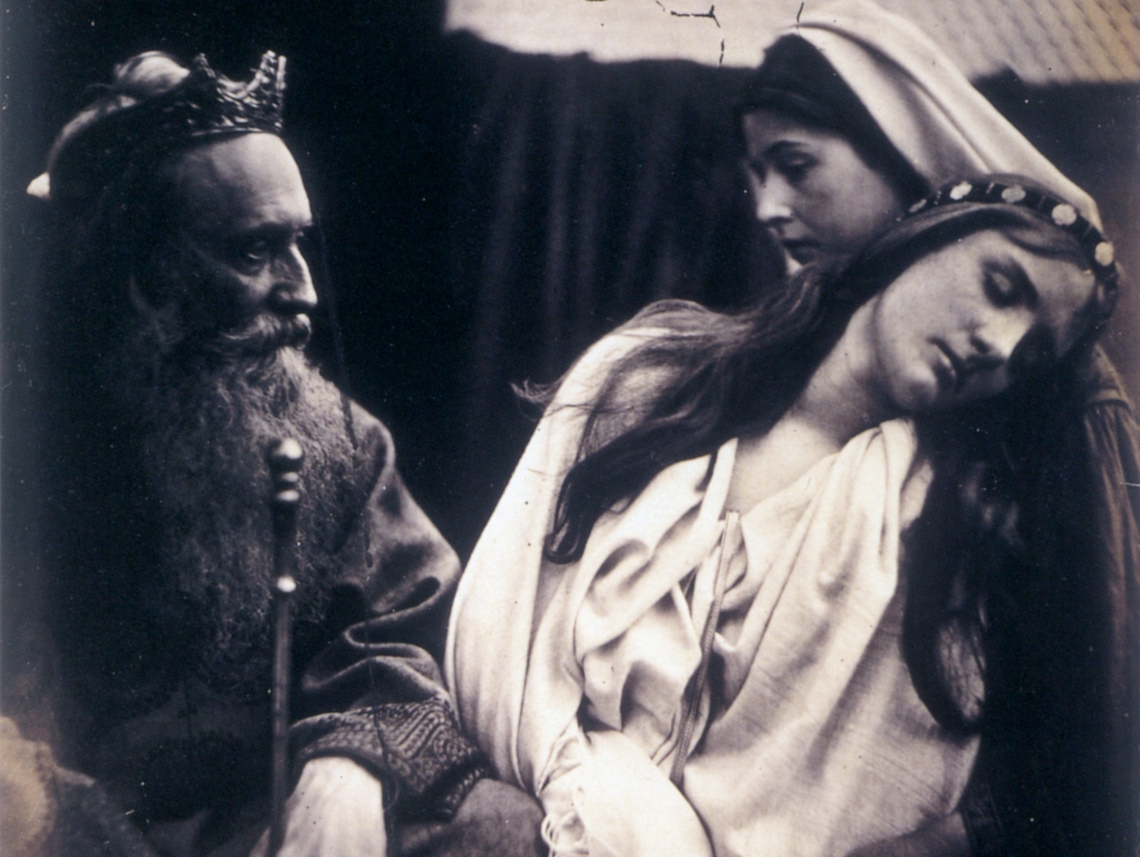 King Ahasuerus & Queen Esther in Apocrypha. Photo from Wikipedia.
King Ahasuerus & Queen Esther in Apocrypha. Photo from Wikipedia. Parashat Tetzaveh (Exodus 27:20-30:10)
The Baal Shem Tov, the founder of Chasidism, taught that God’s most powerful influence comes not through acting in the world, but rather through conscious and deliberate refraining from acting. He beautifully illustrates this concept with reference to one of life’s quieter, but no less amazing, miracles: teaching a child to take his first steps.
About the time that a small child begins to stand on his own, a caring parent will lean down and beckon, “Come to me.” The child will take a tentative, wobbly step toward his smiling mother. And then, the mother will do something profoundly frustrating: She will back away, creating more distance for the child to traverse.
At first there is confusion, even anger, on the face of the toddler. But, eventually, the distance coaxes him to take one more step, and then another. As the mother makes space, the child learns to walk. It is by pulling back, not swooping in, the Baal Shem Tov taught, that God and we create new realities.
The confluence of this week’s parsha, Tetzaveh, and the holiday of Purim, which begins at sunset after Shabbat, is a study in stepping back and leaving space for something new to emerge. Tetzaveh is the only parsha of the latter four books of the Torah that doesn’t mention Moses. Purim’s central text, the Book of Esther, is the only volume of the Bible that doesn’t mention God. Both the parsha and the Megillah defy expectations with the conspicuous absence of ubiquitous characters, inviting us to lean in and listen more closely, to step into the seemingly empty space to discover new and exciting possibilities.
Parashat Tetzaveh describes the ordination ritual for Aaron and his sons to the priesthood, the process of bringing human beings into the direct service of God. There can only be one Moses, but, over the course of Jewish history, hundreds of priests would be ordained to carry out their sacred tasks, and after the destruction of the Temple, thousands more rabbis would carry on the chain of ordination.
During this brief moment in which Moses steps aside, we learn that there are other ways to enter into the service of the Holy One aside from being called as a prophet. In Moses’ absence, we are invited to re-imagine our own role in the Jewish story, to envision ourselves as potential leaders and vessels of holiness.
Purim similarly invites us to consider our own power. In previous stories of deliverance from mighty enemies, our triumph always came directly from the hand of God. It was God who split the sea for the escaping Israelite slaves, and stopped the sun in the sky over Joshua’s armies, and protected Daniel in the lion’s den. The story of Esther is the first time we come face to face with the potential of annihilation and don’t have God at hand to save the day.
The Purim story is the most relatable of biblical tales for a world in which God doesn’t appear to sort out all our problems, in which we are called to faith in ourselves and our own abilities to do extraordinary things.
Instead, our salvation comes through human courage, the willingness of Esther to put her life on the line to speak her truth. In that way, the Purim story is the most relatable of biblical tales for a world in which God doesn’t appear to sort out all our problems, in which we are called to faith in ourselves and our own abilities to do extraordinary things.
By taking a step back in the twin stories that define this liturgical week, Moses and God invite us to take a step forward and discover our own capacity to act. A parent who never learns to give their child space will never equip them with the ability to survive and to thrive on their own.
Moses is mortal, and he will not cross over into the Promised Land with us, so we’ll need to be able to appoint a chain of leaders who will guide us into our new chapter. And even God can’t be with us every step of the way either, booming instructions, blessings and warnings.
Today we walk on our own, a path laid out by Moses our teacher, on a path toward God our parent. Like children learning to walk, we still stumble and fall sometimes, but as we come to trust our own legs, what a joy it is to learn to carry ourselves forward, with confidence in ourselves to set forth into the world.
Rabbi Adam Greenwald is director of the Miller Introduction to Judaism Program at American Jewish University (intro.aju.edu) and a lecturer at the Ziegler School of Rabbinic Studies.






















 More news and opinions than at a Shabbat dinner, right in your inbox.
More news and opinions than at a Shabbat dinner, right in your inbox.